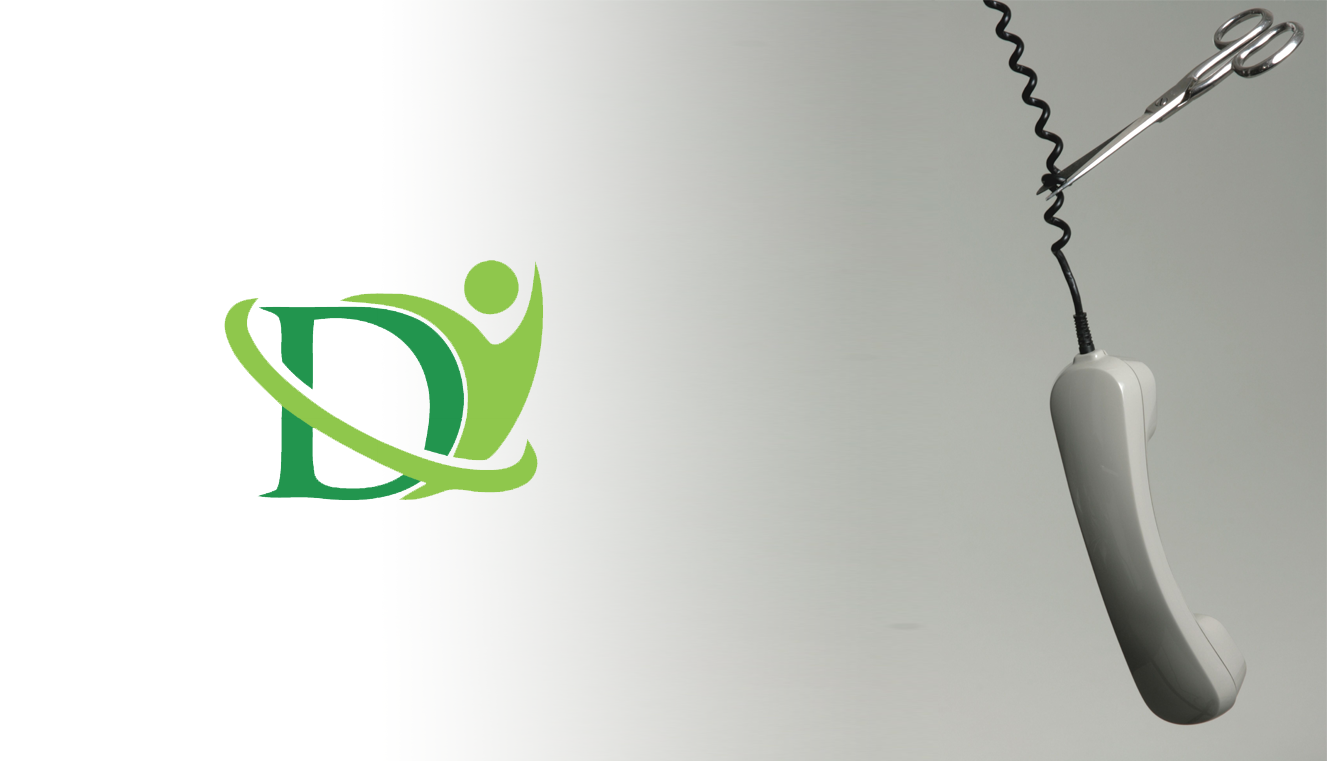
A Few Ways You Can Save More on Your Monthly Expenses – What to Know
November 8, 2019
A Beginner’s Guide to Debt Relief – How to Create a Budget
November 22, 2019It’s never too early to plan for your retirement. Time flies so fast that you might end up not having a solid financial strategy after leaving the workforce for good. Since you won’t earn as much without a fixed income, now is the best time to start reducing expenses to stretch your budget. If you are planning to retire in ten years or less, do the math to determine if your savings gives you the freedom to retire.
If your imminent retirement is less than five years away, you should have a retirement fund in place. Aside from saving a portion of your income, you can augment this fund through part-time jobs or property rentals. As you deposit more money into the fund, you must also reduce your expenses by downsizing your home or cancelling miscellaneous subscriptions.
Here are some things to consider in eliminating huge expenditures that can take a toll on your savings.
Try a reduced spending plan
Make a spending plan to determine where you’ll delegate your money. The calculations will help you find extra money to deposit for your retirement fund without sacrificing the quality of living. Living on this budget for a short period will help you determine whether or not it’s doable or if you can trim expenses further. As much as possible, don’t find other revenue streams while trying your retirement budget to determine if you can comfortably live within the means.
Reduce transportation expenses
Having a car helps you get to work faster. However, you don’t have to replace your vehicle with a new one every three or five years. Try buying reliable used cars only if you are confident in covering the entire bill without hiccups. Car expenses can take out a significant amount from your retirement fund that you can instead use for other expenses. Aside from your retirement budget, establish a car replacement fund as well, and don’t go over this amount.
Eliminate debt
Do your best to pay off loans and credit card debts, if any, with the surplus money from your spending plan. You cannot rely on returns from your stock or bond investments because those are not guaranteed to yield money. For this reason, it will be best that you reduce your debt with the extra money that you have. Avoid taking a portion of your retirement fund to address a high-interest debt because the income taxes are often higher than the interest savings.
Pay your mortgage
Aspire to pay off your mortgage before you retire so that you can enjoy more debt-free retirement. Housing expenses may cover a considerable portion of your retirement fund, and a reverse mortgage can help you cover the costs by deferring payment. However, the mortgage interest can make the loan balance grow beyond the home’s value, and your retirement fund may not be enough to cover the amount.
Evaluate your insurance
While health insurance remains valuable beyond retirement, it doesn’t mean that you can’t save while paying for your coverage. Obtain an assessment of your life insurance premiums from a reliable financial advisor. Knowing how much you need to pay will help settle your retirement expenses better.
Pay off student loans
As much as possible, don’t fund your child’s education with your retirement fund. However, if that is unavoidable, make sure that you take less from your budget by finding other ways to earn money.
Your ally in dealing with debt
DebtHelpers.ca will help you enjoy your retirement better by assisting you in eliminating your debts so that you can get back on track towards financial freedom. If you’re looking for personal debt relief, DebtHelpers.ca provides professional solutions – get in touch today to see how we can help.

